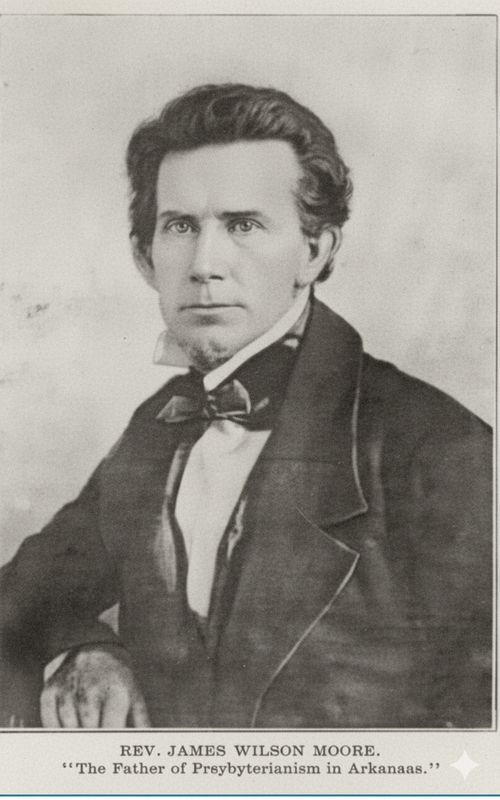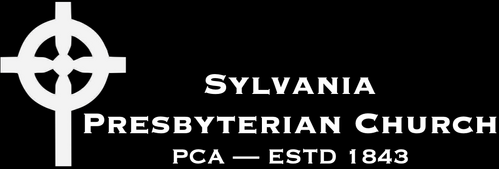Our Story
How it all started

Rev. James W. Moore, a native of Pennsylvania and a pioneer of Arkansas Presbyterianism, planted the territory’s first Presbyterian Church in Little Rock, Arkansas in 1828. He would later settle here in the Sylvania community in 1840 and establish the Sylvania Academy as the first classical school in Arkansas. In 1843 Rev. Moore planted the Sylvania Presbyterian Church, served as the pastor here for many years, and is buried near the grounds. Over these many decades four buildings have served the church. The third building, built in 1860, was burned by Union soldiers during the Civil War. The present structure was built in 1904. Courtesy of the Lonoke County Historical Commission
"Scripture urges and warns us that whatever favors we may have obtained from the Lord, we have received them as a trust on condition that they should be applied to the common benefit of the church."
John Calvin
Over the years
More important than the building is the Lord’s gracious provision to allow a remnant of God’s people to continue in covenant worship at Sylvania Presbyterian Church (SPC) for over 181 years. By God’s grace, SPC has weathered both societal and denominational struggles over the many decades since the first worship service took place here. SPC had already been meeting for almost two decades when the Civil War began and the church was eventually burned by Union soldiers and then rebuilt. SPC predates the formation of the Presbyterian Historical Society and has been faithfully assembling for worship as Presbyterianism in America evolved and changed. SPC is a church of the Presbyterian Church In America (PCA) and we're in Covenant Presbytery. Through it all, SPC has maintained a witness for the Gospel and Reformed theology in our tiny part of the world in central Arkansas. SPC affirms the Westminster Confession of Faith along with the Catechisms, the Five Solas with all their implications; recognizes the centrality of the covenant in God’s saving purposes; and the importance of public confession of faith.
